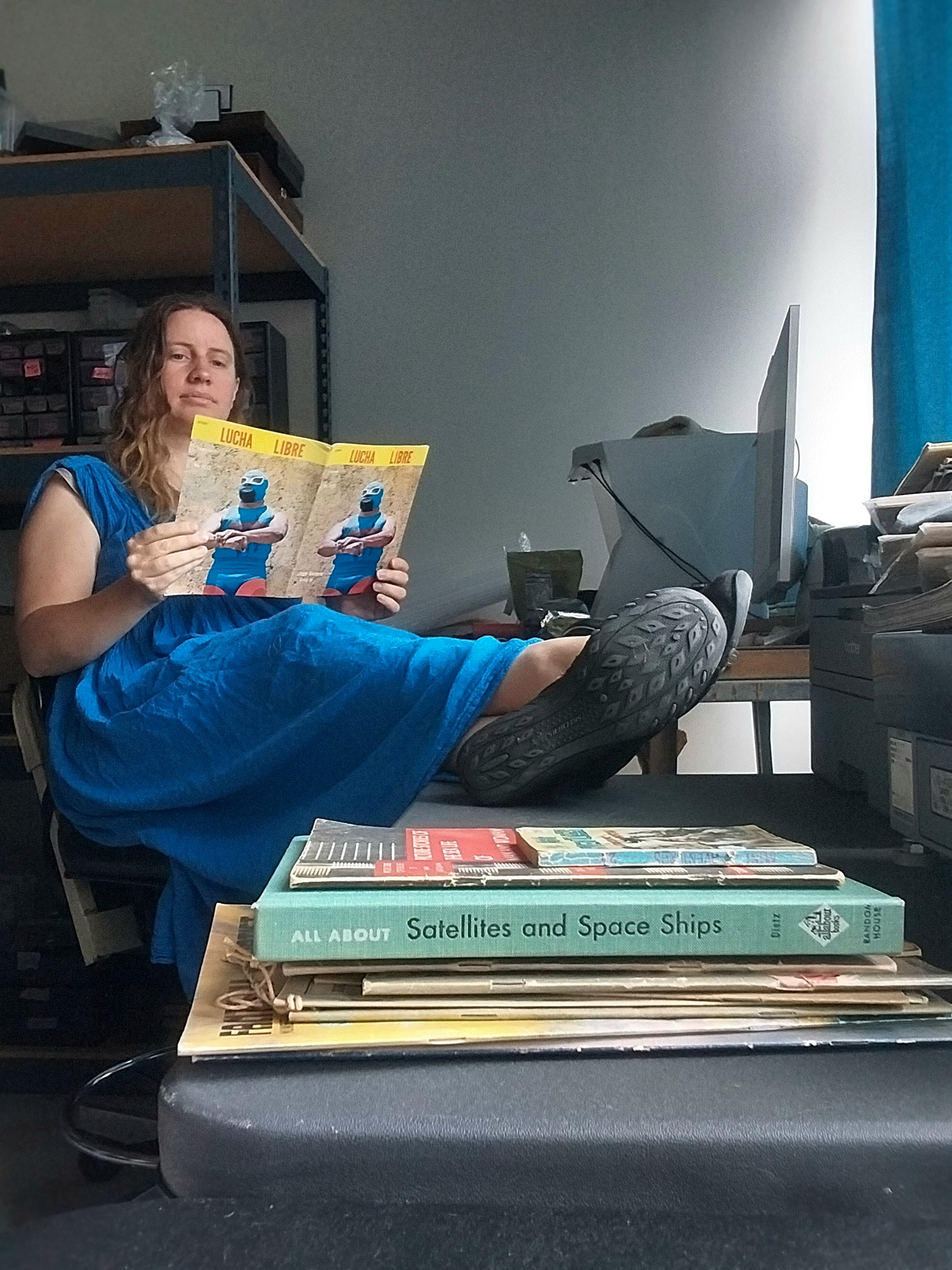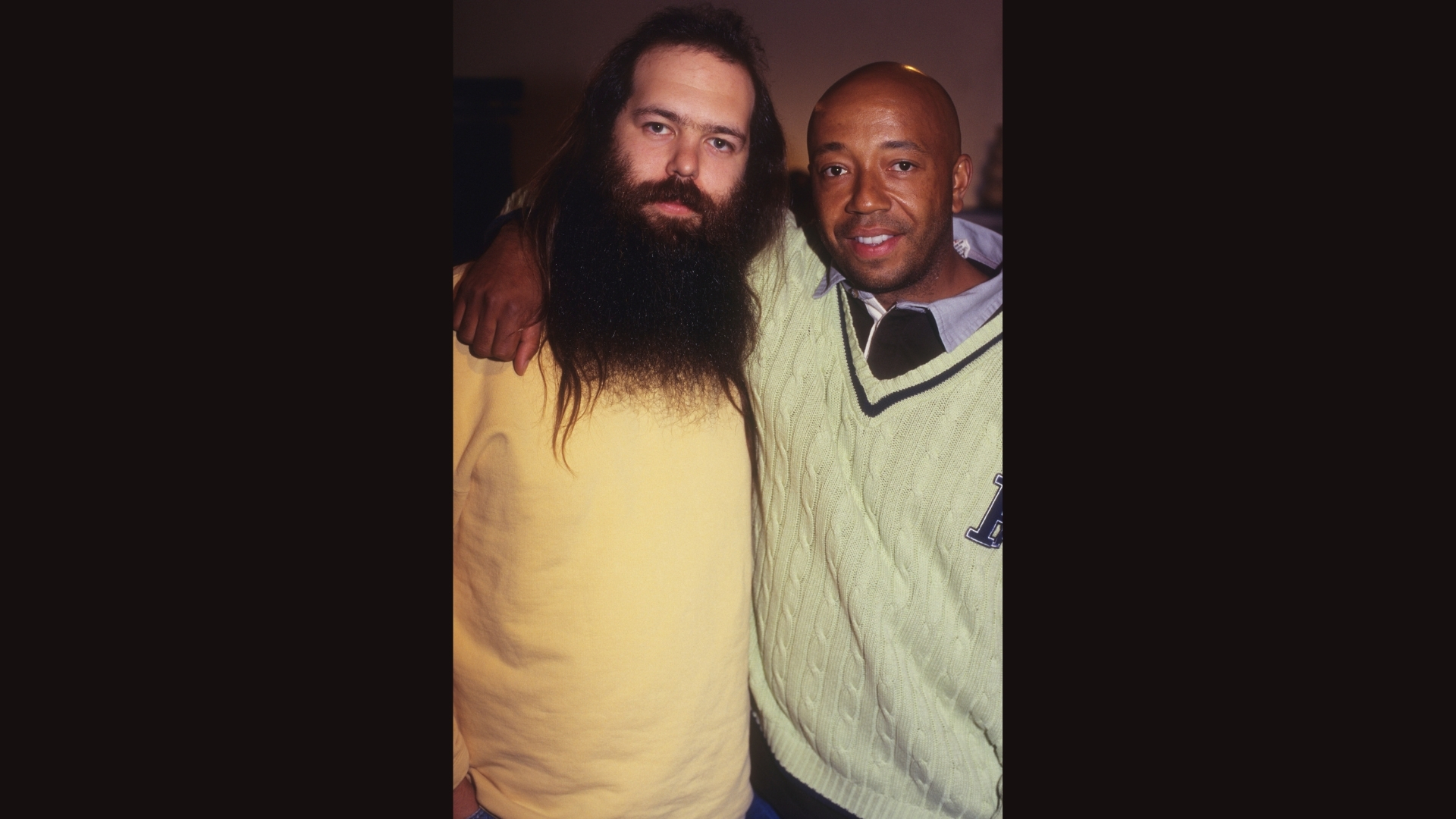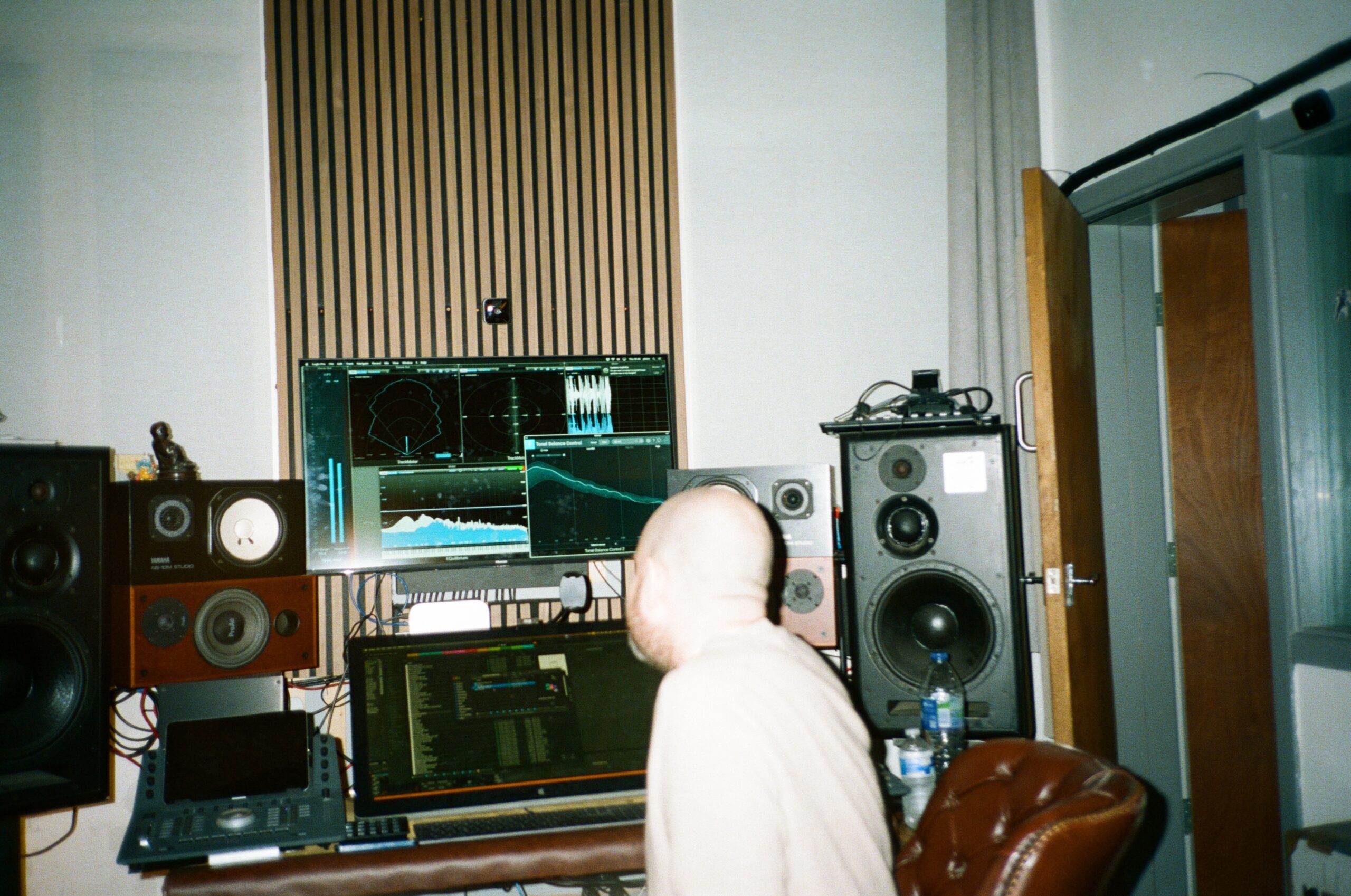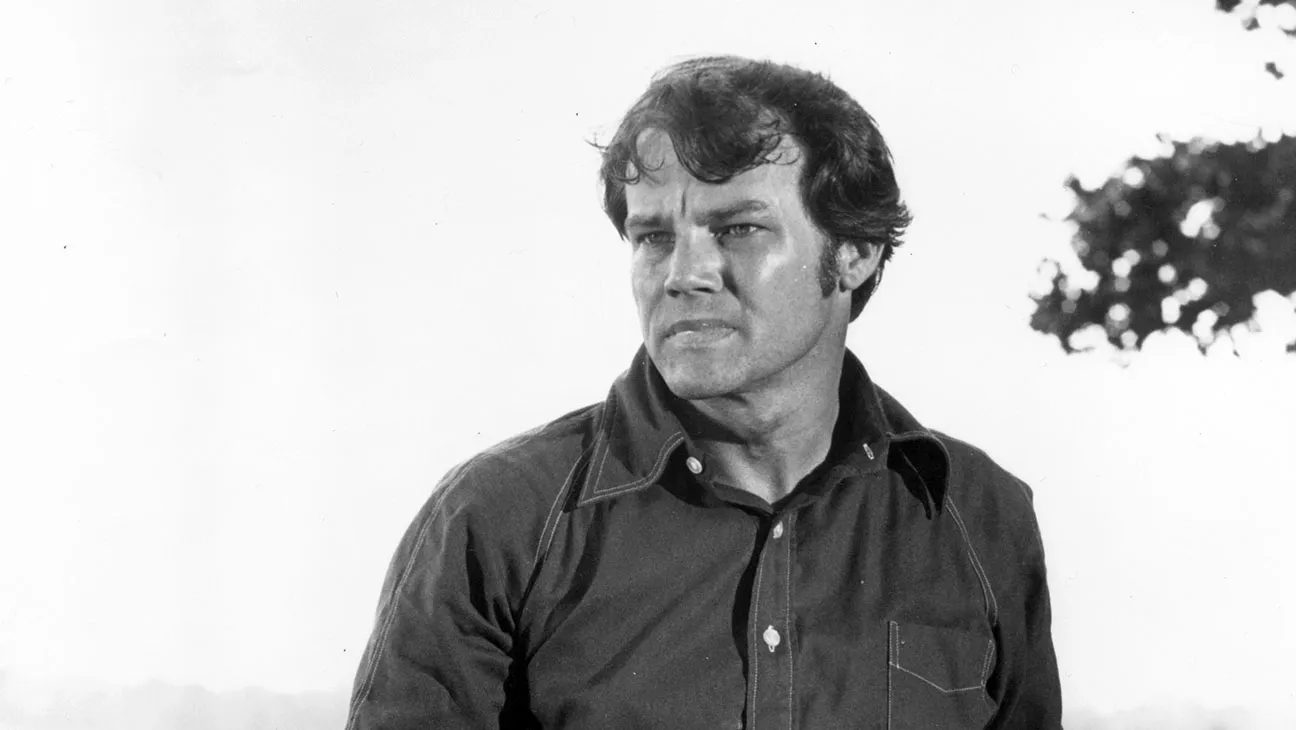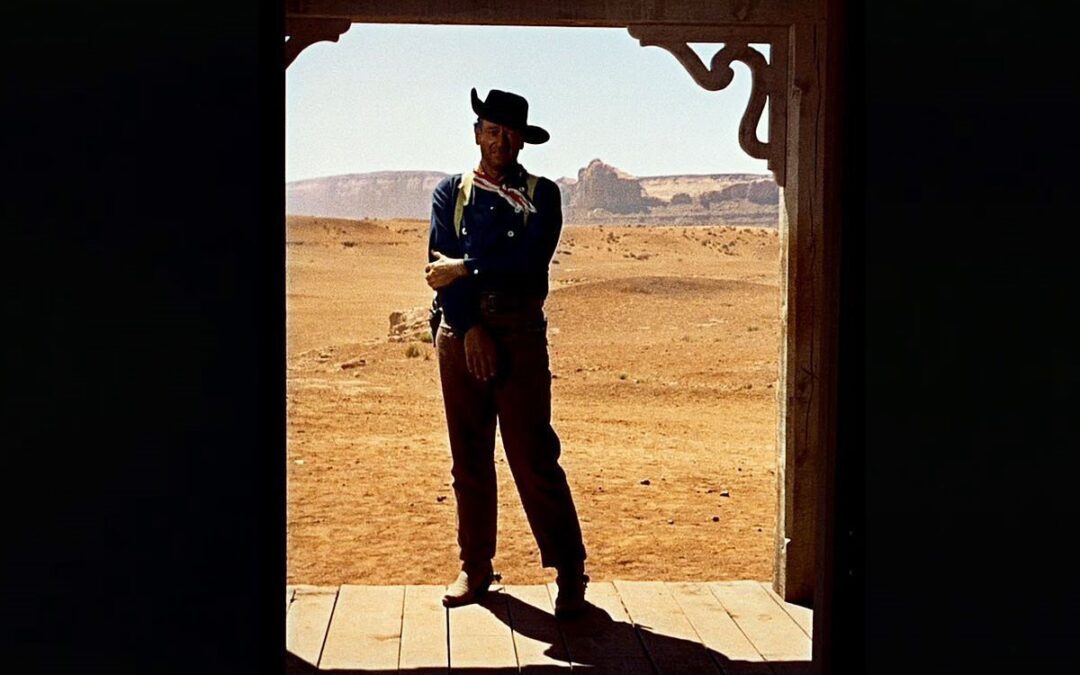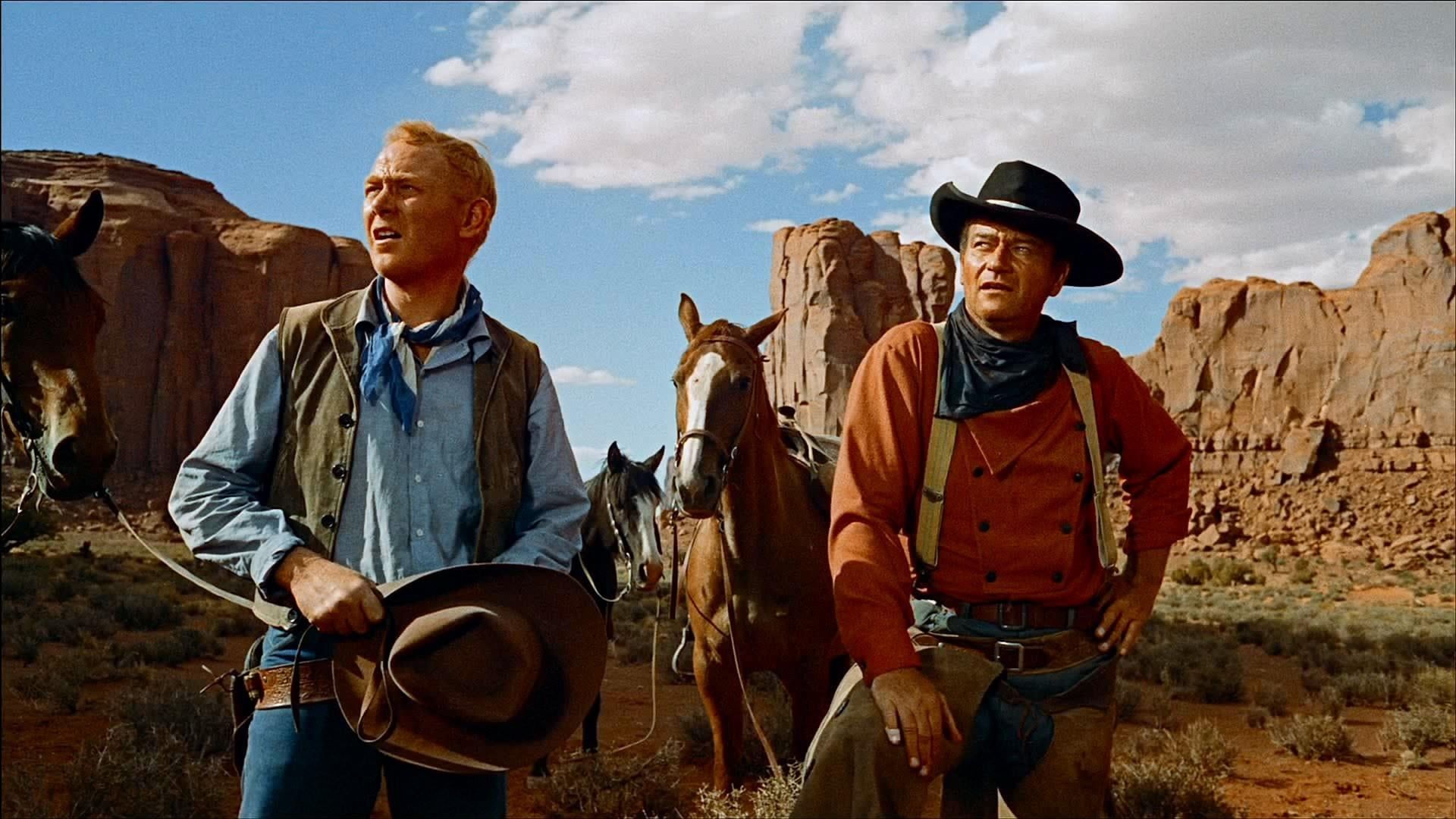Happy Heavenly Birthday, Roger Ebert: June 18, 1942 – April 4, 2013
Paying homage to the great man on what would have been his 83rd birthday.
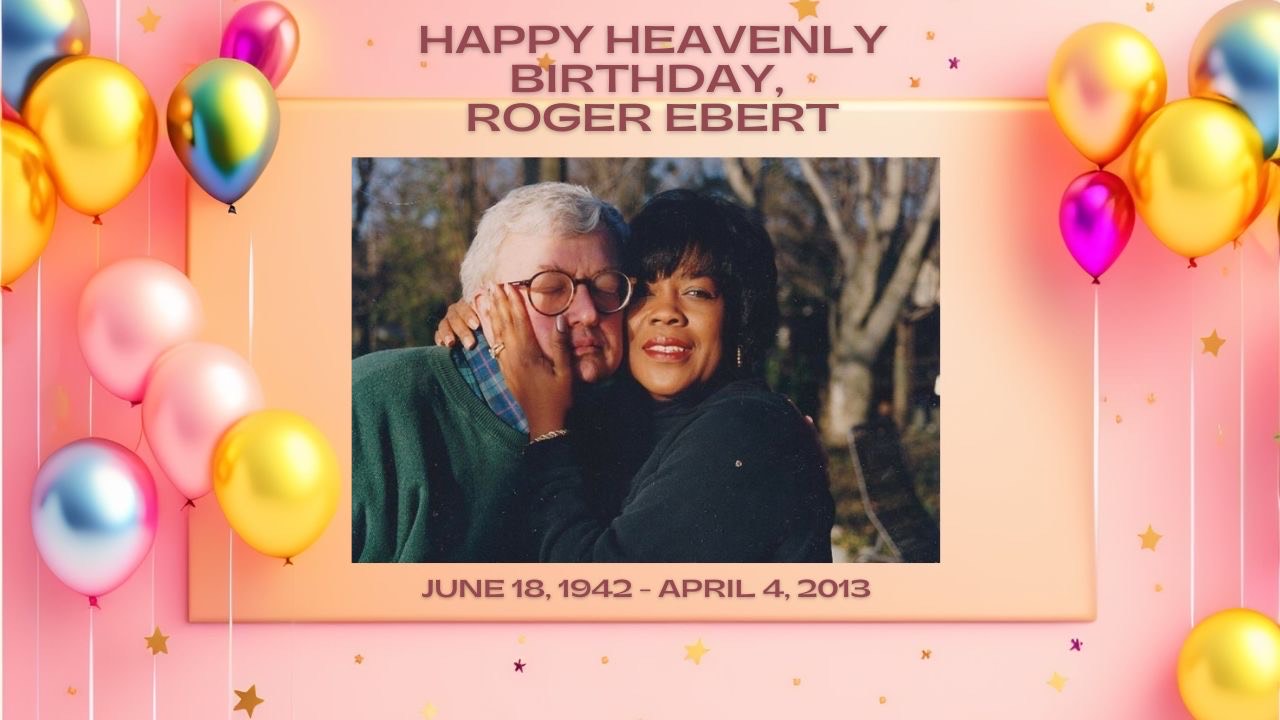
Roger enjoyed celebrating his birthday! Birthday party? Sure! Birthday surprise? Even better! The secret is that he simply enjoyed savoring life, and a birthday was just another occasion for celebration. In between these occasions was his writing, which he did prolifically, and also as a sort of celebration. I thought about that today, June 18, which would have been his 83rd birthday. It started early, with people sending me notes, emails, or social media posts reminding me. So I decided to write a brief article in celebration of him.
The main facts you probably know: He was born in Urbana, Illinois, the twin town to Champaign, Illinois, home of the University of Illinois, where he fell in love with journalism. His Mom and Dad were Annabel and Walter. His father was an electrician at the University. It was his dad’s wish to see Roger secure a position as a professor at the University one day, so that he could “sit back with his feet on the desk, pipe in mouth, pontificating to the students” instead of working as hard as the electricians. His mother, a bookkeeper and homemaker, idolized her only child. Early on, they recognized his intellect and his gift for communications. Later, the world would also.
In a way, Roger fulfilled his father’s wish by teaching a night class at the University of Chicago for 37 years, lecturing to students about some of the greatest films ever made. He took on this role just one year after being hired as the film critic for the Chicago Sun-Times in 1967. His gift was apparent in the first sentence of his first review for the otherwise forgotten picture, “Galia,” of which he wrote, “[It] opens and closes with arty shots of the ocean, mother of us all, but in between it’s pretty clear that what is washing ashore is the French New Wave.” Later that year, while many of his colleagues were taken aback by the uncomfortably realistic violence in “Bonnie and Clyde,” Roger wisely sensed that it would go on to be hailed as a classic. Upon seeing the debut feature, “I Call First,” at the Chicago International Film Festival, Roger predicted that its director, Martin Scorsese, would prove to be a filmmaker of great importance.
In 1975, Roger’s uncommon insights and ability to convey complex ideas in accessible and engaging ways led him to become the first film critic to receive the Pulitzer Prize. It was an accolade that regularly accompanied his name in the early years of his movie review show, which began in November of that year and paired him with his rival, Chicago Tribune critic Gene Siskel. As the show evolved into the hit series, “Siskel & Ebert” (and later “Ebert & Roeper”), propelling the two Midwestern critics to unlikely stardom, it became clear to viewers that their tireless analyses were because of their love of the art form. Later, it became evident to me that Roger’s fiery arguments with Siskel on air were fueled by what he believed to be the vast potential of what cinema could achieve. For Roger, movies were also a doorway into understanding the people who shared this earthly journey with us.
What impressed me the most about Roger, in addition to his intellect, was his “Goodness!” He had a sincere desire to contribute to the world in a way that would make it better. To Roger, film at its highest level was a machine capable of generating empathy, inviting audiences to experience the world through the perspective of another. His form of empathy honored humanity by breaking down barriers, illuminating the oneness of all living things, and celebrating the qualities that make each of us unique. Whether it was through his writing or his humor, he was fun to be around. His profound love of humanity was undeniable. As was his love for me and our grandchildren…
Roger never lost his wide-eyed awe at what could be experienced, not just through the lens of a camera. In his final moments, he wrote the most profound review of his life. Shortly before he passed away, he talked about this world being “an elaborate hoax.” He described a vastness unimaginable to the average human brain. However, it was a place of hope where knowledge, without judgment, was imparted instantly. And where in the end, there is only love. His words later inspired singer Clem Snide to write his powerful song, “Roger Ebert.” I am not surprised that whatever is “out there” for us was something positive for Roger. I am hoping that wherever he is, it is somewhere bright and happy and full of hope, where our dreams come true. Where Roger is held and celebrated on his birthday. And where there is only love.





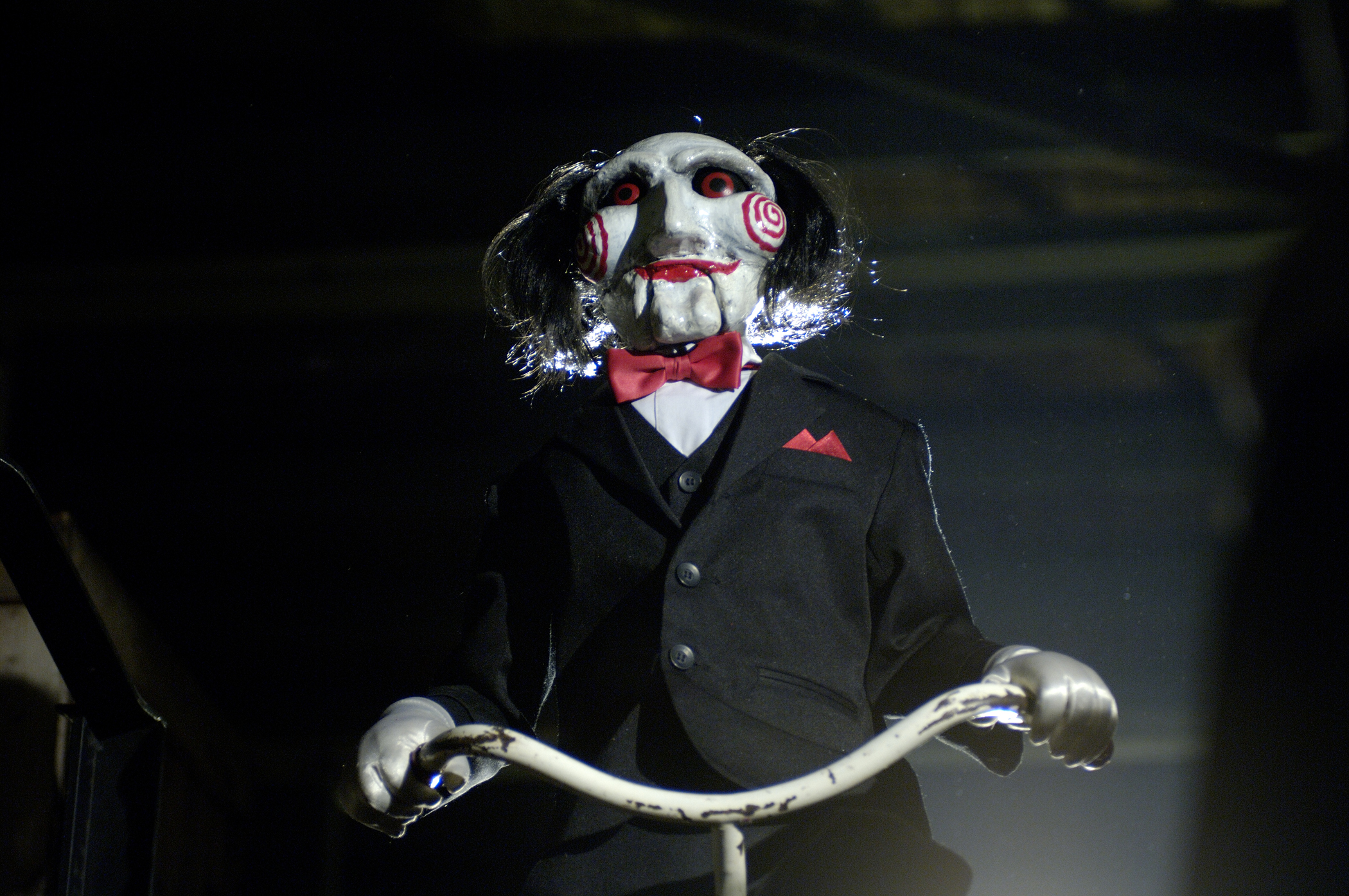

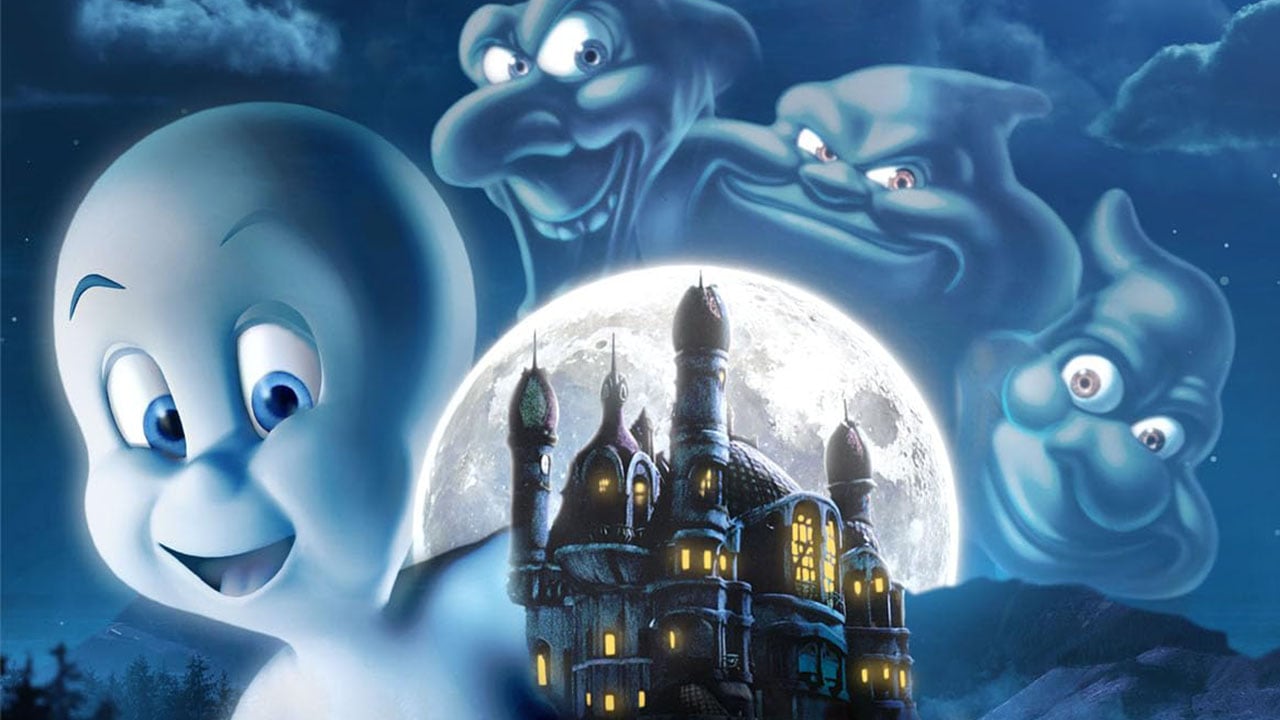











































![Satire in Action [15 MINUTES]](https://jonathanrosenbaum.net/wp-content/uploads/2011/11/15minutes.jpg)
![Strangers in Elvisland [MYSTERY TRAIN]](https://jonathanrosenbaum.net/wp-content/uploads/2011/04/mysterytrain-theaterruin.jpg)
![The Most Intelligent American Movie of the Year [THE BIG RED ONE: THE RECONSTRUCTION]](https://jonathanrosenbaum.net/wp-content/uploads/2011/12/the-big-red-one2.jpg)
![Cinematic Obsessions [THE GANG OF FOUR and SANTA SANGRE]](https://jonathanrosenbaum.net/wp-content/uploads/2010/12/labandedesquartre.jpg)

























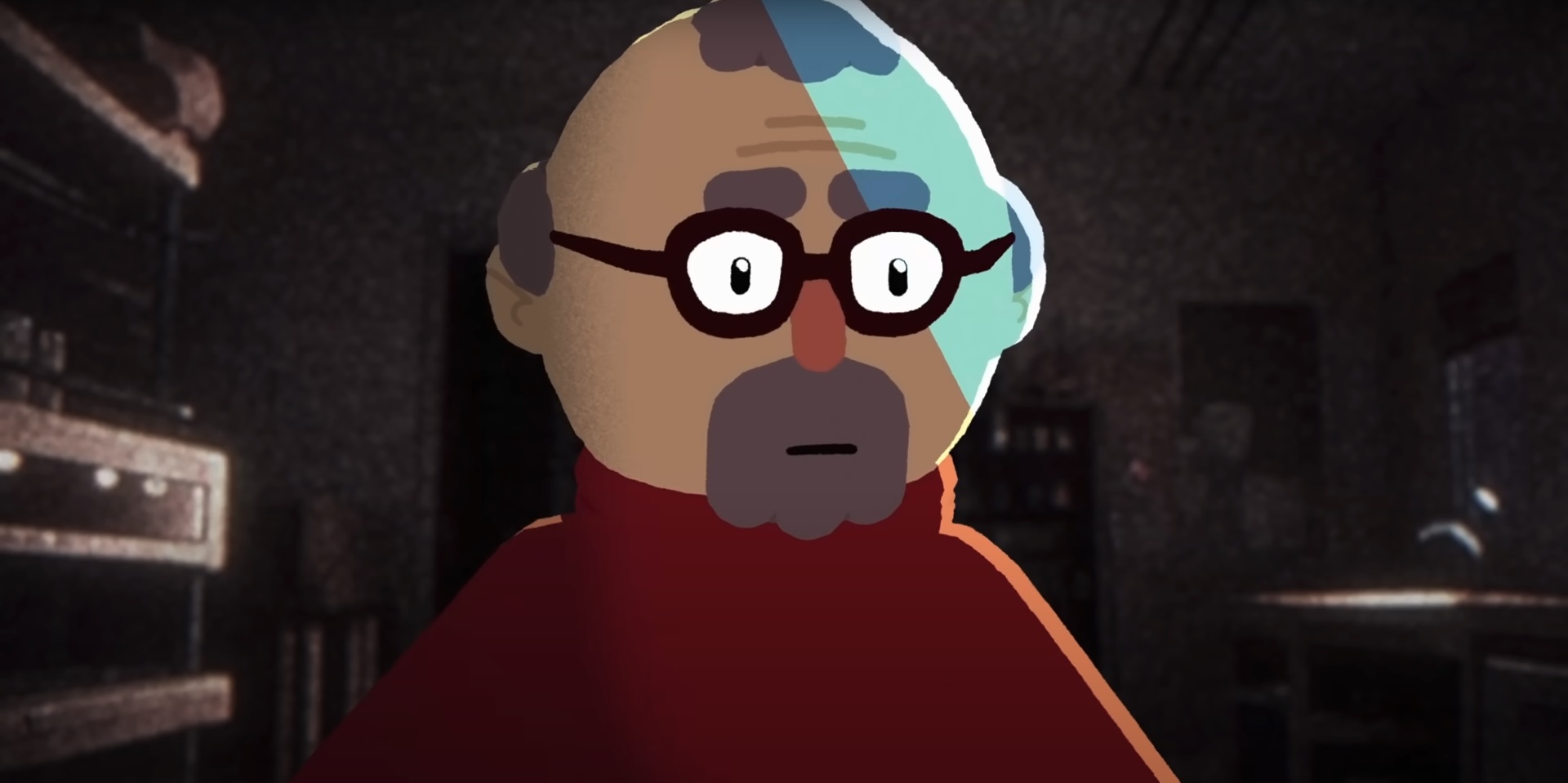



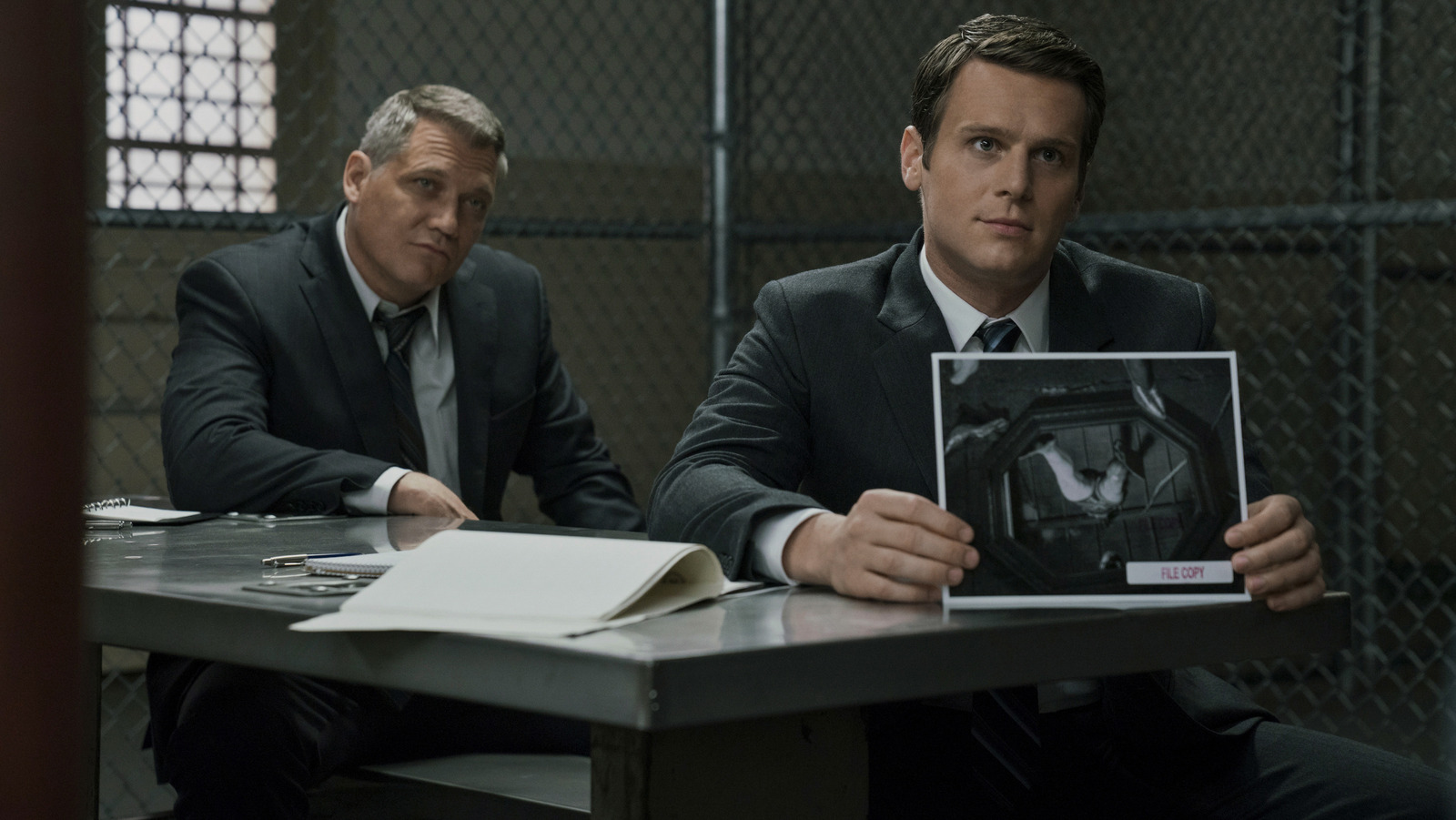



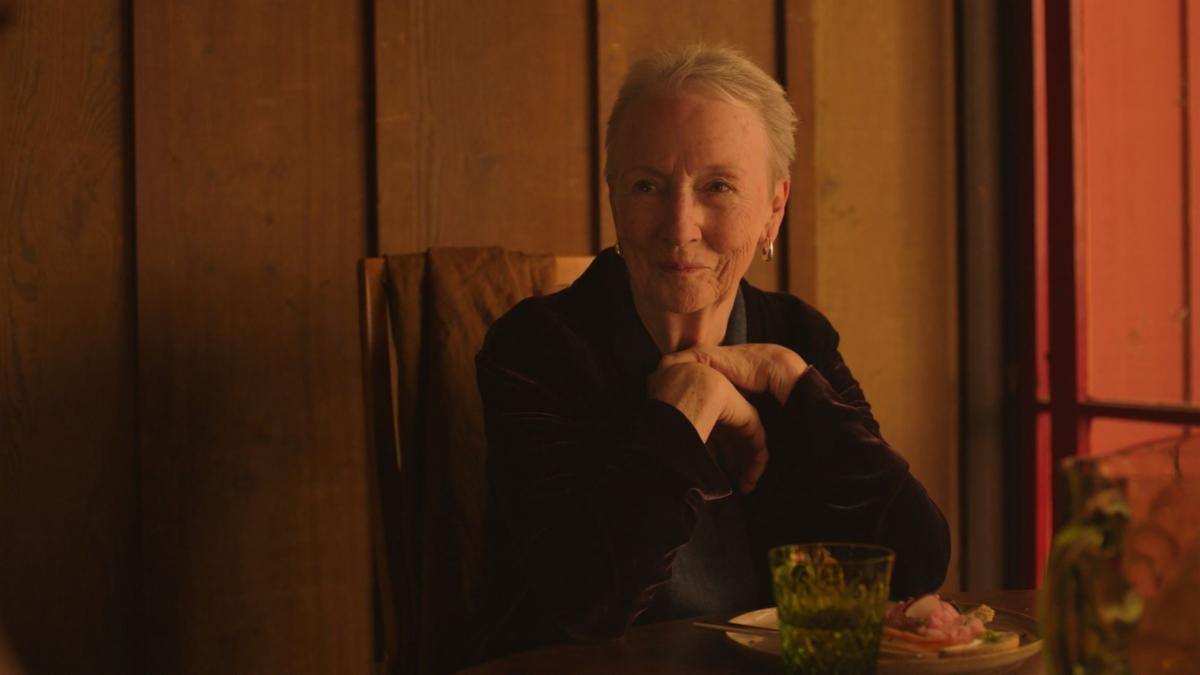


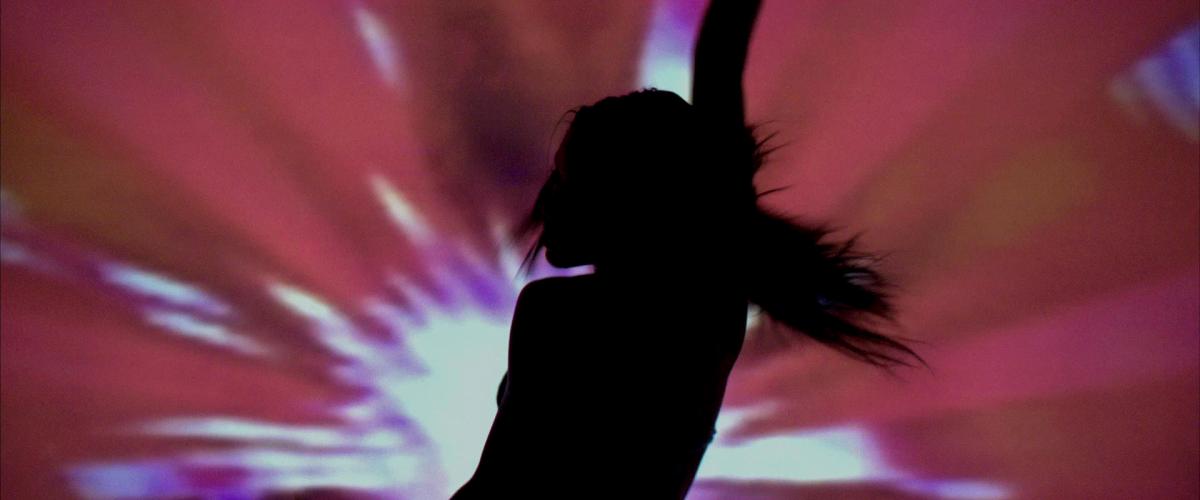






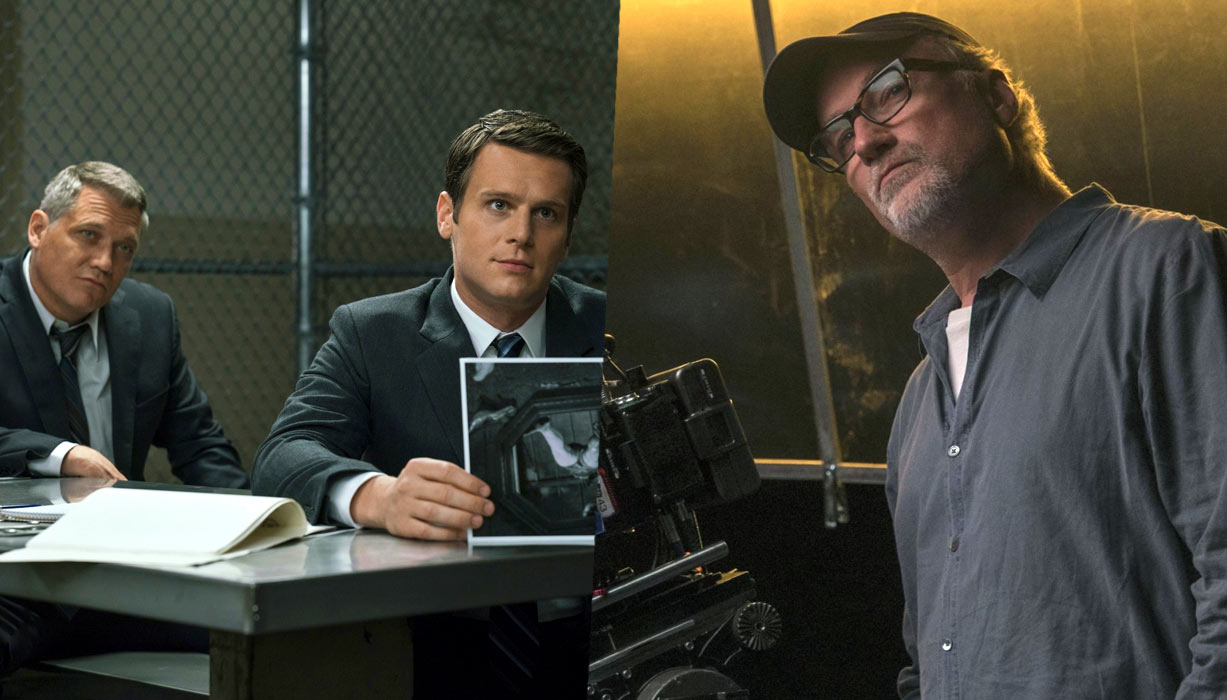







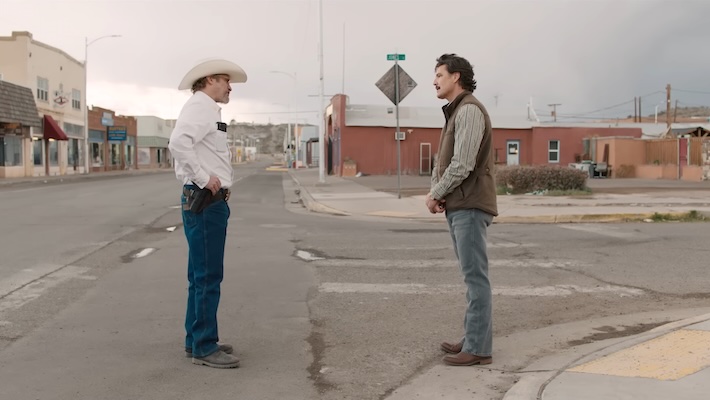


![She’s the World’s Tallest Woman—It Took Buying 6 Airline Seats Just to Get Onboard [Roundup]](https://viewfromthewing.com/wp-content/uploads/2025/06/worlds-tallet-woman-flying-turkish.jpeg?#)



















































































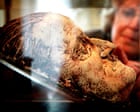





























































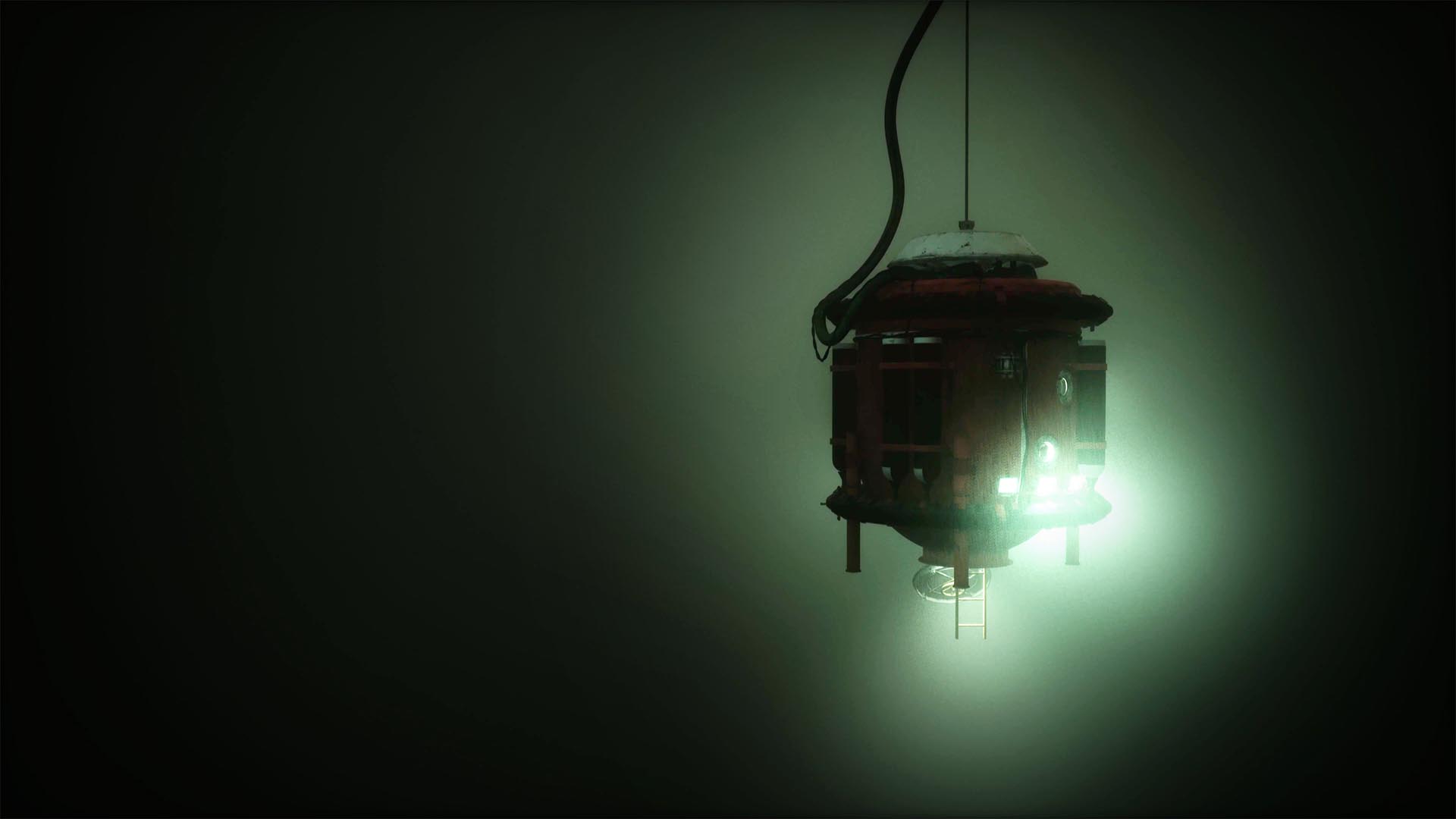














































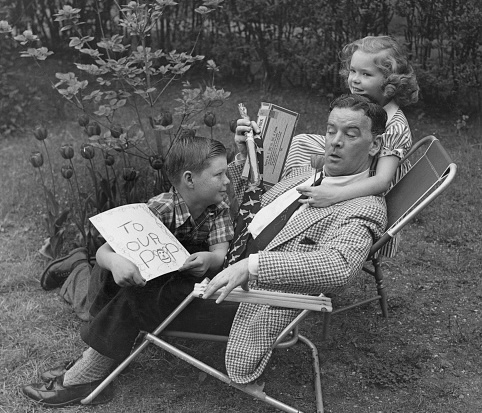


































































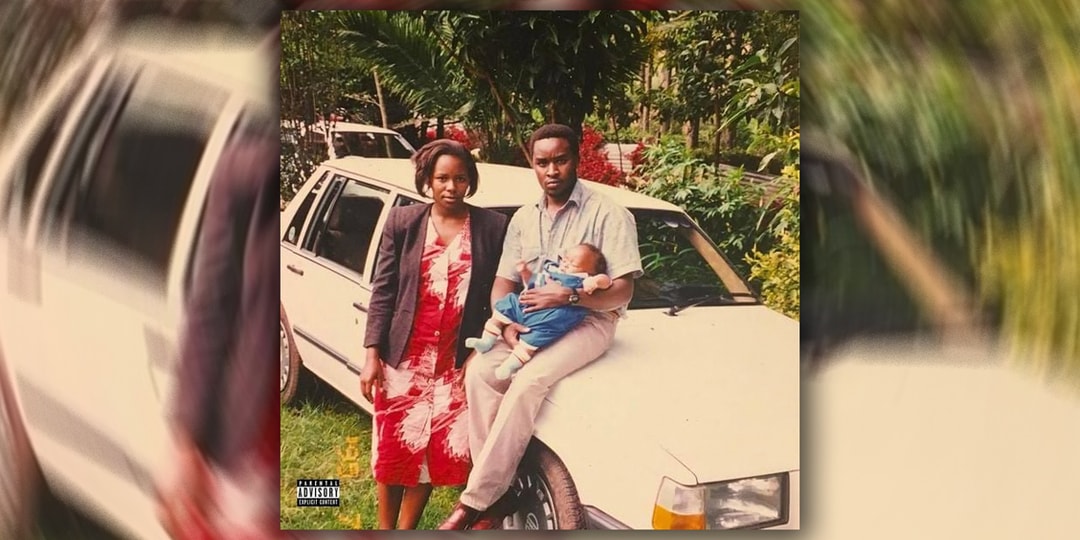


![[Podcast] Problem Framing: Rewire How You Think, Create, and Lead with Rory Sutherland](https://justcreative.com/wp-content/uploads/2025/06/rort-sutherland-35.png)













